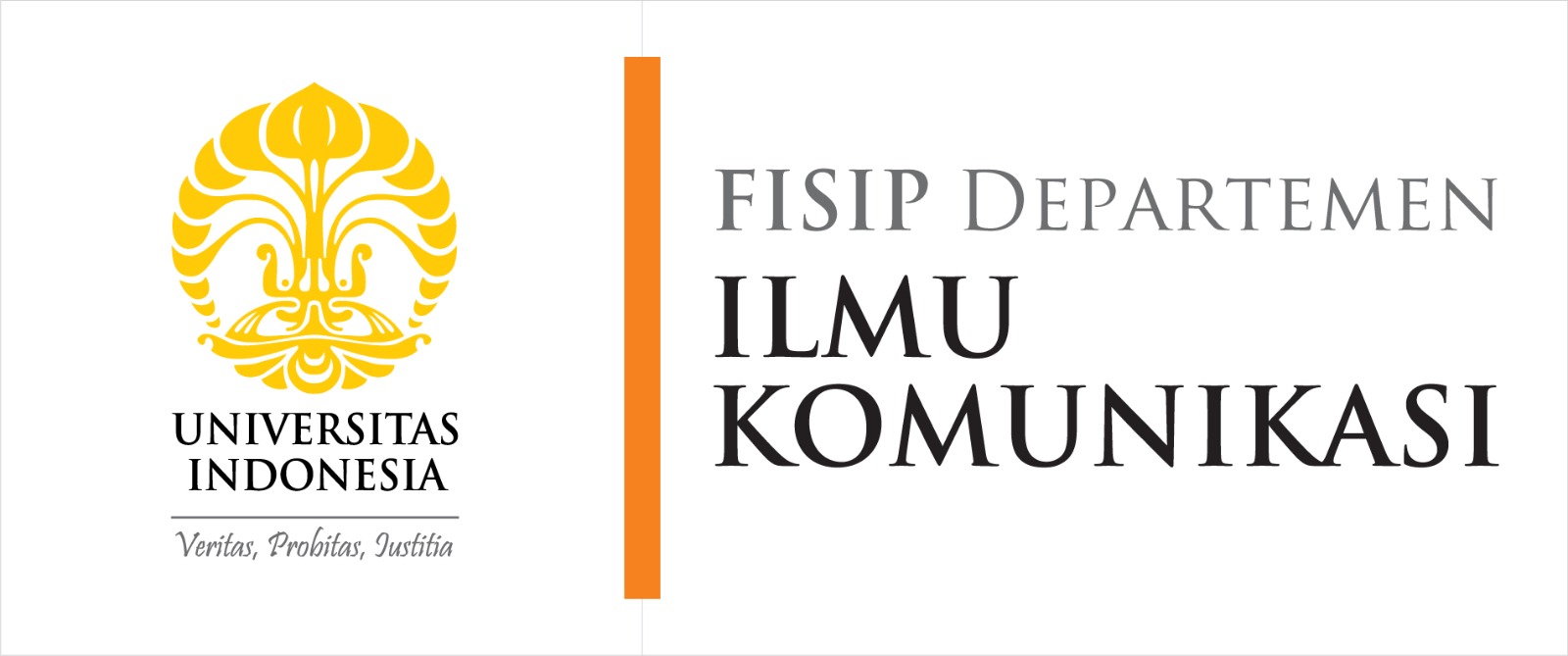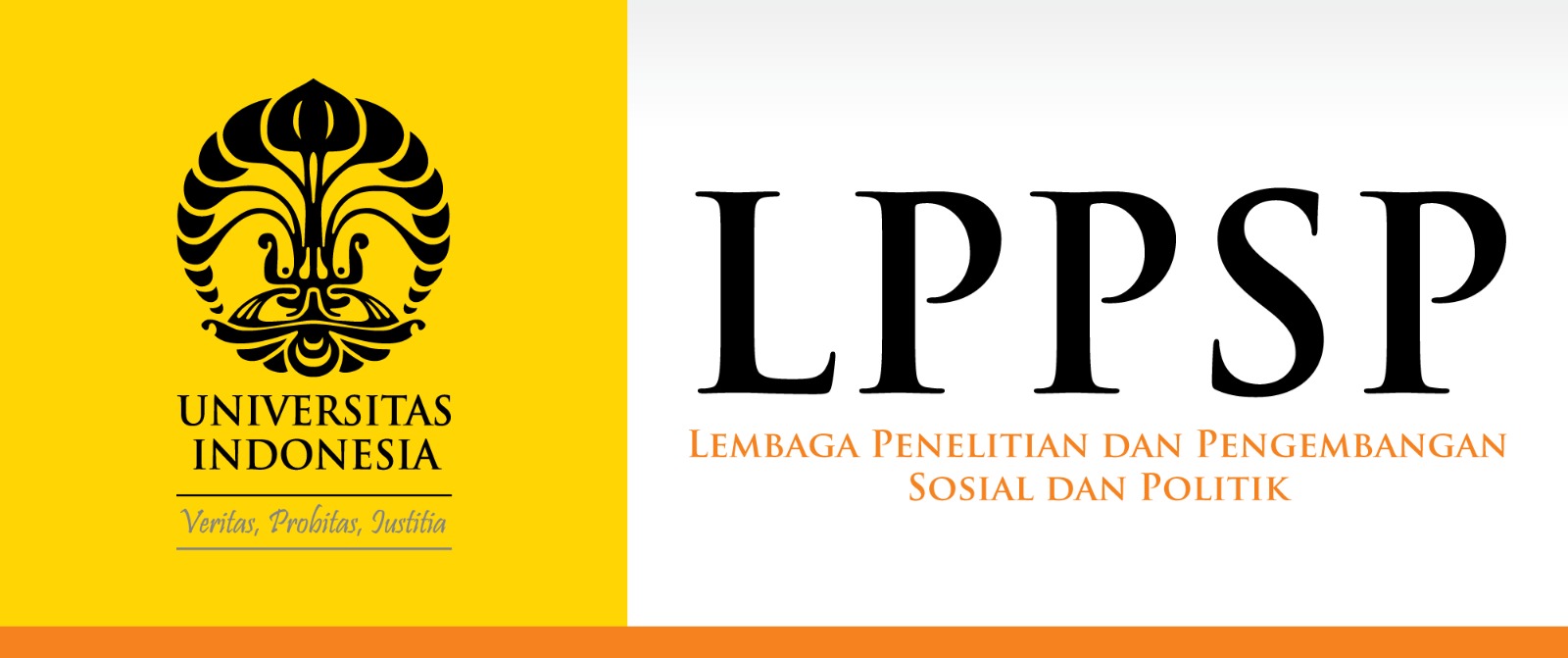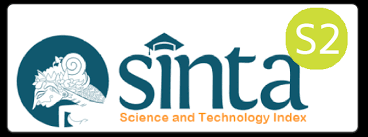JURNAL KOMUNIKASI INDONESIA
Abstract
Generation Z, also known as the centennials, has been widely discussed in various studies. Gen Z's behavior in consuming news and information is shown in the way they access information, choose news topics and media platforms, and determine which media they will frequently go to specifically. The purpose of this study is to explore Gen Z's consumption of news on mainstream media and the factors that influence it, and to delve into their perceptions of the function of mainstream media in exercising social control and being a trusted source of information. The method used in the research is qualitative with a case study approach. The results show that Gen Z's exploration of information is influenced by interest, locality, proximity, self-satisfaction, and incidental matters. These five factors are closely related to the specific characteristics of Gen Z and can be input for local and national mainstream media to follow the direction of development that is now held by the young generation. Mainstream media also remains Gen Z's reference for truth verification; even though they do not have a tendency to be loyal to one media and deliberately access the web pages of mainstream media directly.
References
Alkatiri, A. & Dani, D. (2021). Jurnalisme Indonesia: Pemberitaan Media Mainstream di Era Media Baru. Orasi: Jurnal Dakwah dan Komunikasi. 12 (2), 207-2918. https://www.syekhnurjati.ac.id/jurnal/index.php/orasi/article/view/8554/4181.
Annur, C.M. (2022). Survei: Pecandu Internet Terbanyak dari Kalangan Gen Z. https://databoks.katadata.co.id/datapublish/2022/06/29/survei-pecandu-internet-terbanyak-dari-kalangan-gen-z.
Asmarantika, R., Prestianta, A.M., & Evita, N. (2022). Pola konsumsi media digital dan berita online Gen Z Indonesia. Jurnal Kajian Media, 6(1), 34-33. DOI: https://doi.org/10.25139/jkm.v6i1
Aulia, I.D. & Alfikri, M. (2022). Waspada’s Mass Media Strategy for Surviving in The Digital Age. Daengku: Journal of Humanities and Social Science Innovation, 2(4), 452-458 https://doi.org/10.35877/454RI.daengku1072.
Badan Pusat Statistik (BPS). (2020). Hasil Sensus Penduduk 2020. https://www.bps.go.id/pressrelease/2021/01/21/1854/hasil-sensus-penduduk-2020.html.
Berger, K.O. (1997). The Information Ecosystem Putting The Promise of The Information Age into Perspective. Context Institute. https://www.context.org/iclib/ic23/berger1/
Click, K. & Schwartz, N. (2018). Trending Now: News Habits of Generation Z [White Paper]. California State University. https://papers.ssrn.com/sol3/papers.cfm?abstract_id=3408021
Creswell, J.W. (2008). Research Design Qualitative, Quantitative, and Mixed Methods Approaches (3rd Ed). London: Sage Publications.
Dewi, D.K. (2022). Sinergi dan Kolaborasi sebagai Strategi Media Cetak Bertahan dalam Era Disrupsi. Ekspresi dan Persepsi: Jurnal Ilmu Komunikasi, 5(2), 201-213. DOI: http://dx.doi.org/10.33822/jep.v5i2.4225.
Dihni, V.A. (2022). Dilema Dua Sisi Media Sosial di Tangan Gen Z. https://katadata.co.id/ariayudhistira/analisisdata/630c8e10e150c/dilema-dua-sisi-media-sosial-di-tangan-gen-z.
Effendi, O.U. (1993). Ilmu Teori & Filsafat Komunikasi. Bandung: PT Citra Aditya Bakti.
Ferreira, G. B., & Borges, S. (2020). Media and Misinformation in Times of COVID-19: How People Informed Themselves in the Days Following the Portuguese Declaration of the State of Emergency. Journalism and Media, 1(1), 108–121. https://doi.org/10.3390/journalmedia1010008
Huberman, B.A & Hogg, T. (1992). The Emergence of Computational Ecologies. Lectures in Complex Systems, hal 185—205, DOI:10.1109/CMPCON.1989.301957.
Indrajaya, S.E. dan Lukiwati, L. (2019). Tingkat Kepercayaan Generasi Z terhadap Berita Infografis dan Berita Ringkas di Media Sosial. Jurnal Komunikasi, 11 (2), 169-182, DOI: https://doi.org/10.24912/jk.v11i2.5045.
Internews. (2015). Mapping Information Ecosystem to Support Resilience. https://www.unhcr.org/innovation/wp-content/uploads/2017/10/Internews_Mapping_Information_Ecosystems_2015.pdf, diakses 5 Mei 2023.
Jenkins, R. (2017). 4 Reasons Generation Z Will Be The Most Different Generation. https://blog.ryan-jenkins.com/2017/01/26/4-reasons-generation-z-will-be-the-most-different-generation.
Welbers, K. & Opgenhaffen, M. (2019). Social media gatekeeping: An analysis of the gatekeeping influence of newspapers’ public Facebook pages. New Media & Society, 20(12), 4728-4747. 7. https://doi.org/10.1177/1461444818784302.
Kovach, B., Pareanom, Y.A., Rosenstiel, T. (2006). Sembilan Elemen Jurnalisme. Jakarta: Pantau.
Kusnanda, V.B. (2021). RISSC: Populasi Muslim Indonesia Terbesar di Dunia. https://databoks.katadata.co.id/datapublish/2021/11/03/rissc-populasi-muslim-indonesia-terbesar-di-dunia.
Kusumaningrat, H. & Kusumaningrat, P. (2005). Jurnalistik: Teori dan Praktik. Bandung: Remaja Rosda Karya.
Kusumaningrat, H. (2016). Jurnalistik: Teori dan Praktik. Bandung: Remaja Rosdakarya.
Kusumalestari R.R, Satriani, A., Permatasari, A.N., Anjali, M. & Nafidah, N.N. (2021). Gen Z's Reception of Covid-19 Information on Digital Media. Jurnal Mediator, 14 (2), 157–167. https://doi.org/10.29313/mediator.v14i2.8387
Kwet, M. (2020). Fixing Social Media: Toward a Democratic Digital Commons. Markets. Globalization & Development Review, 5(1). https://doi.org/10.23860/MGDR-2020-05-01-04
Pahlevi, R. (2022). Penetrasi Internet di Kalangan Remaja Tertinggi di Indonesia. https://databoks.katadata.co.id/datapublish/2022/06/10/penetrasi-internet-di-kalangan-remaja-tertinggi-di-indonesia.
Rizaty, M.A. (2023). Pengguna Internet di Indonesia Sentuh 212 Juta pada 2023. https://dataindonesia.id/internet/detail/pengguna-internet-di-indonesia-sentuh-212-juta-pada-2023.
Satriani A., Permatasari A.N., Kusumalestari R.R. Nadifah, N.N. & Anjali, M. (2021). How Geneneration Z Trust in Sources of Information Related to Covid-19. Proceedings of the 4th Social and Humanities Research Symposium (SoRes 2021). https://www.atlantis-press.com/proceedings/sores-21/125973430.
Salaudeen, M. A., & Onyechi, N. (2020). Digital media vs mainstream media: Exploring the influences of media exposure and information preference as correlates of media credibility. Cogent Arts & Humanities, 7(1), 1837461. https://doi.org/10.1080/23311983.2020.1837461
Stillman, D. & Stillman, J. (2017). Gen Z @Work: How The Next Generations is Transforming The Workplace. New York: Harper Business.
Stocking, G., Mitchell, A., Matsa, K.E., Widjaya, R., Jurkowitz, M., Ghosh, S., Smith, A., Naseer, S. & St. Aubin, C. (2022). The Role of Alternative Social Media in The News and Information Environment. Pew Research Centre. https://www.pewresearch.org/journalism/wp-content/uploads/sites/8/2022/10/PJ_2022.10.06_Alternative-Social-Media.pdf.
Tubbs, S.L & Moss, S. (2012). Human Communication Prinsip-Prinsip Dasar. Bandung: Remaja Rosdakarya.
Vaish, A., Grossmann, T., Woordward, A. (2008). Not All Emotions are Created Equal: The Negativity Bias in Social-Emotional Development. Psycho Bull, 134(3), 383—403, DOI: 10.1037/0033-2909.134.3.383.
Recommended Citation
Permatasari, Andalusia Neneng; Kusumalestari, Ratri Rizki; Satriani, Arbaiyah; Afyadi, Yuki Jauza Hasna; and Saraswati, Sarry Shafina
(2024)
"Centennials Information Ecosystem: A Portrait of Gen Z as Potential Information Consumers of Mainstream Media,"
JURNAL KOMUNIKASI INDONESIA: Vol. 13:
No.
1, Article 21.
DOI: 10.7454/jkmi.v13i1.1202
Available at:
https://scholarhub.ui.ac.id/jkmi/vol13/iss1/21
Included in
Communication Technology and New Media Commons, Other Communication Commons, Social Media Commons




